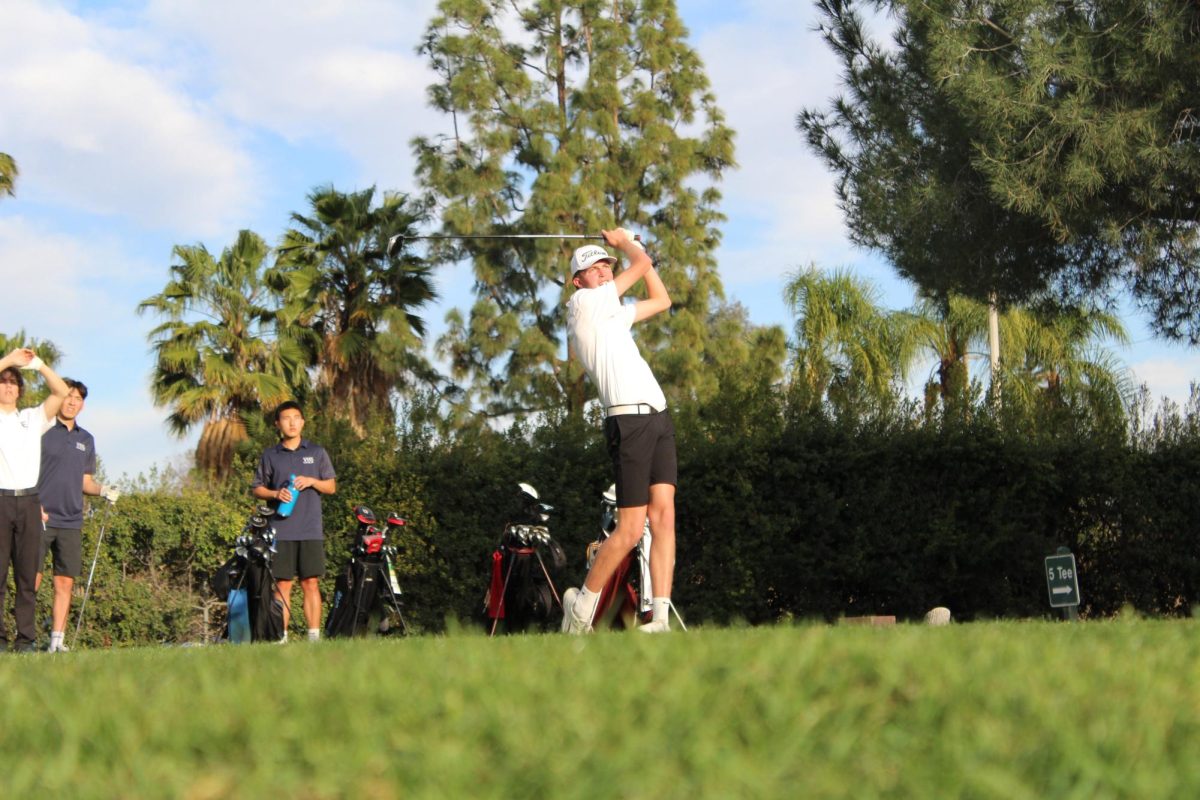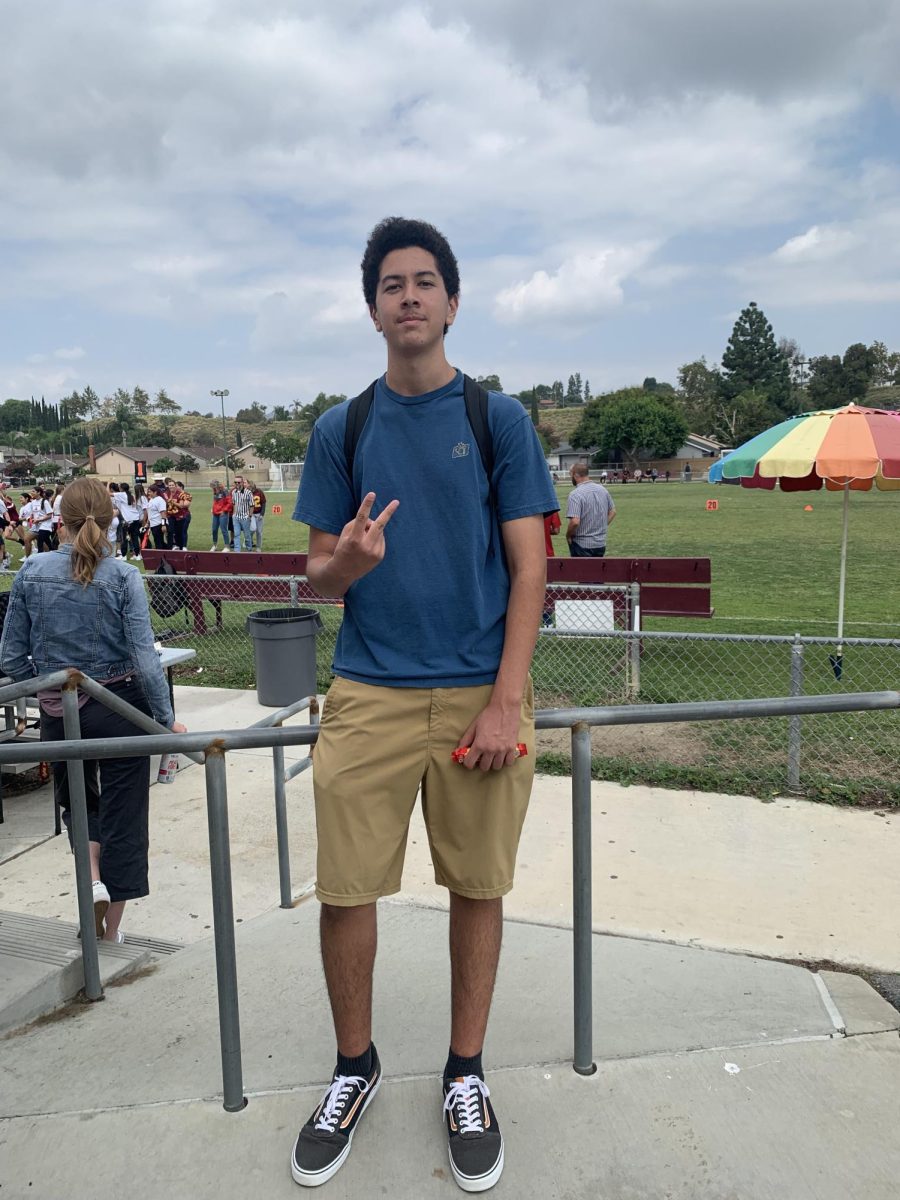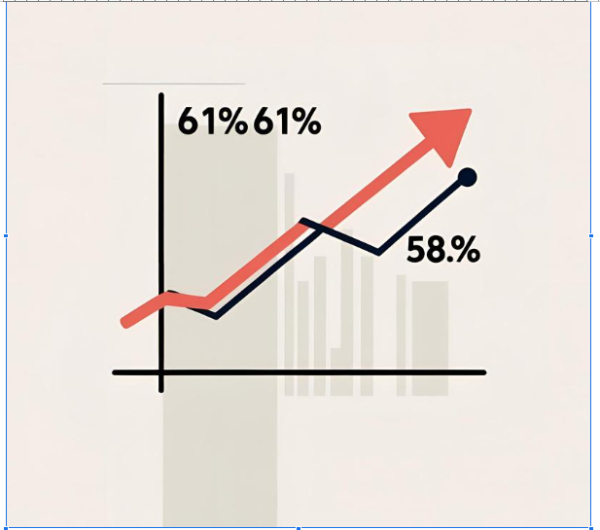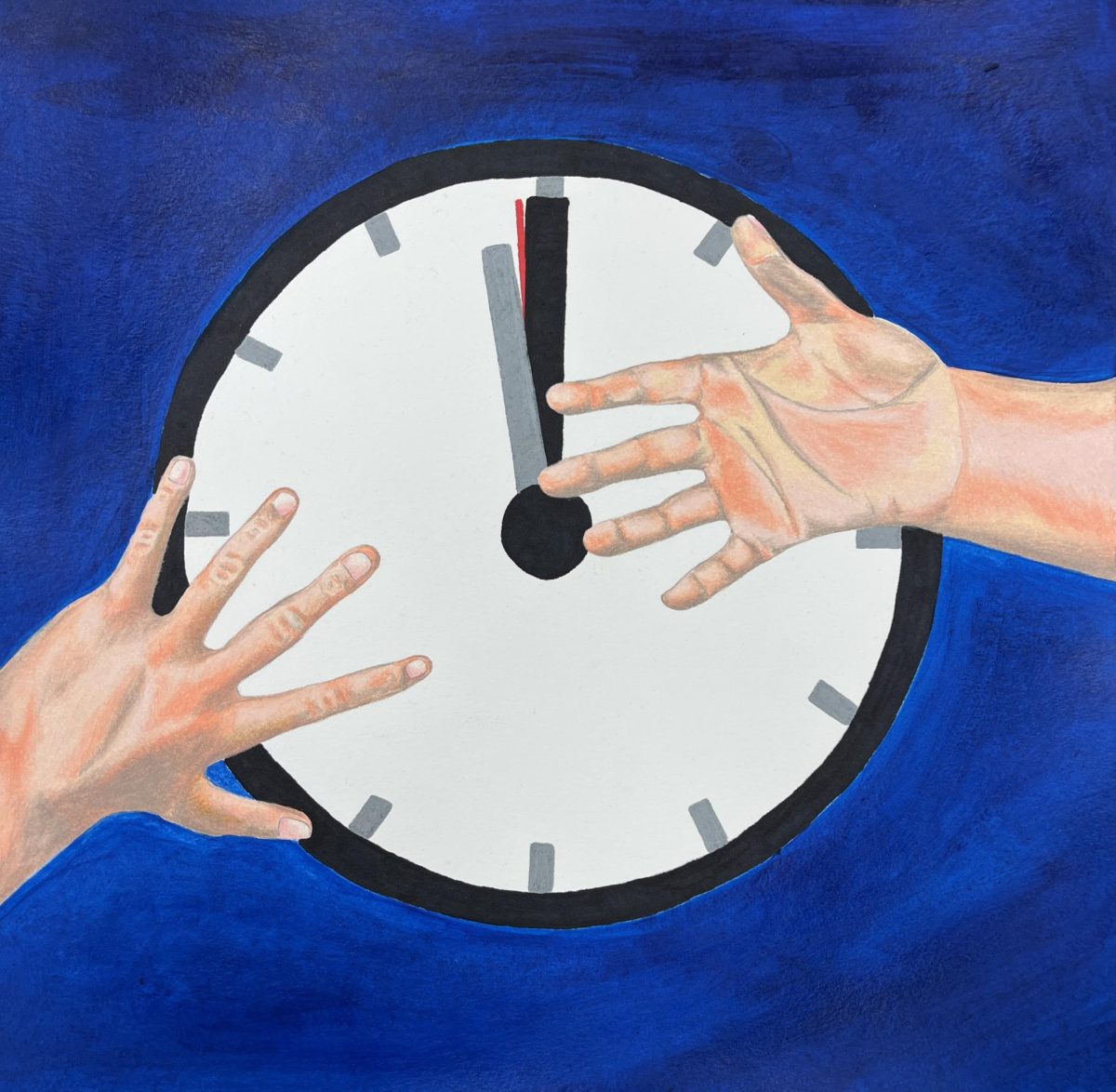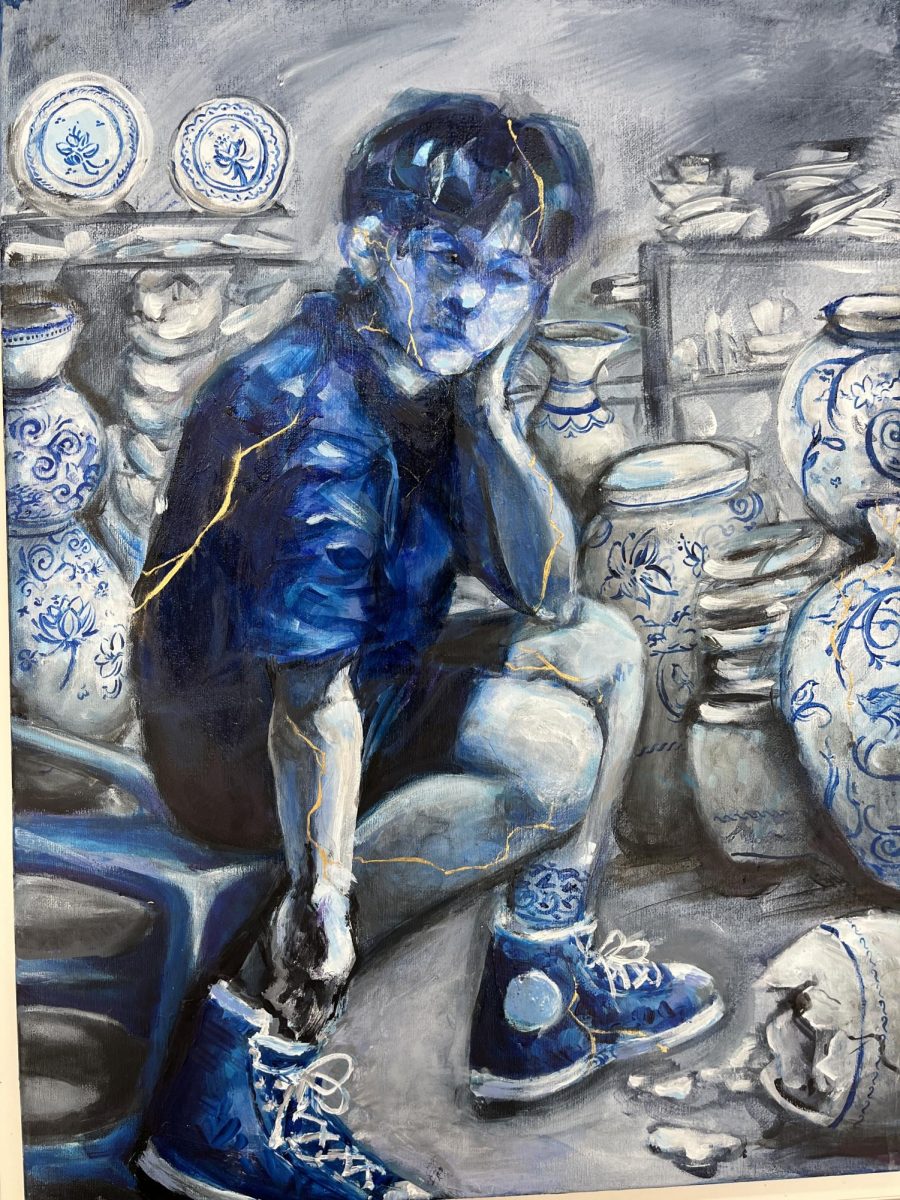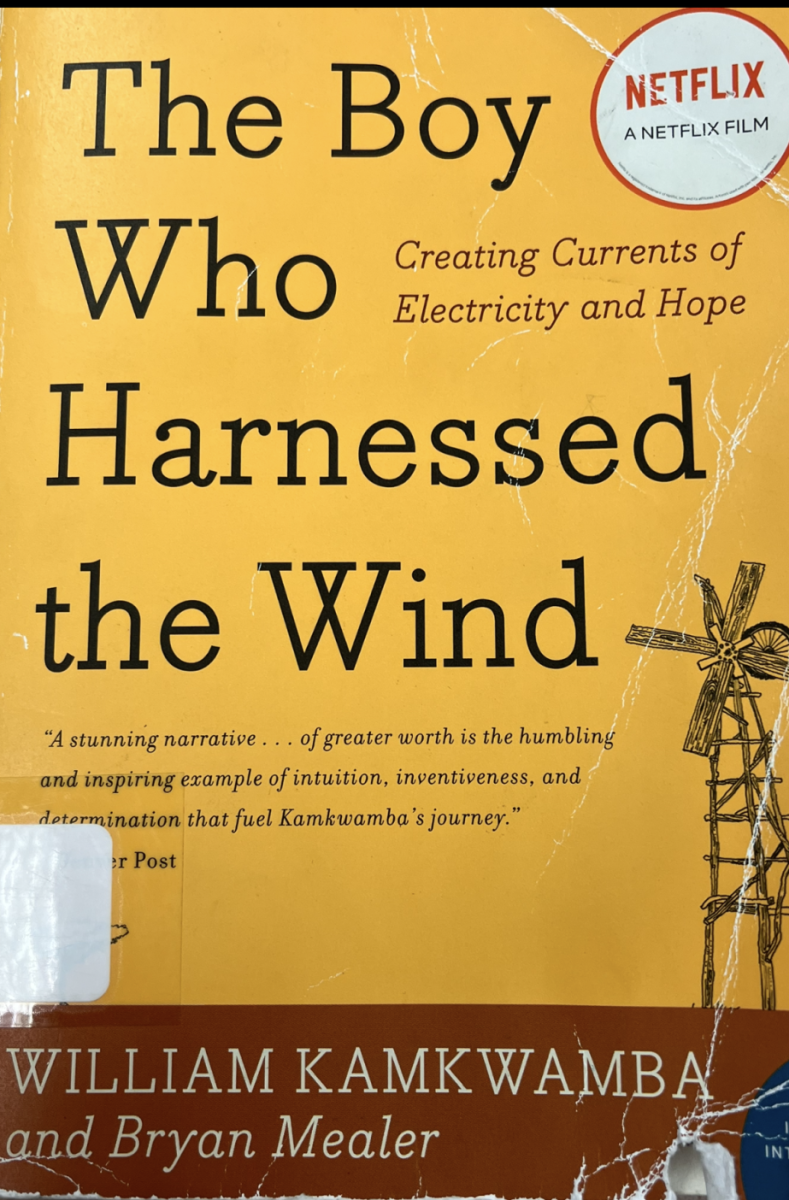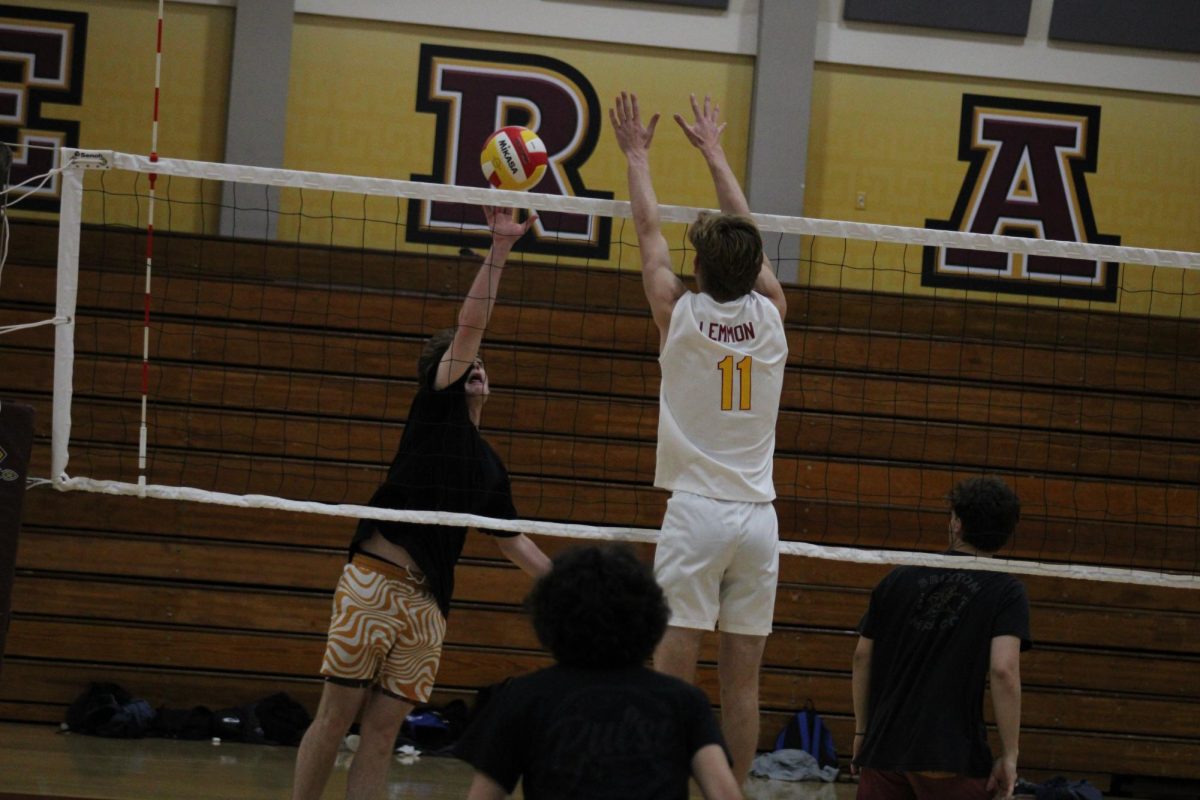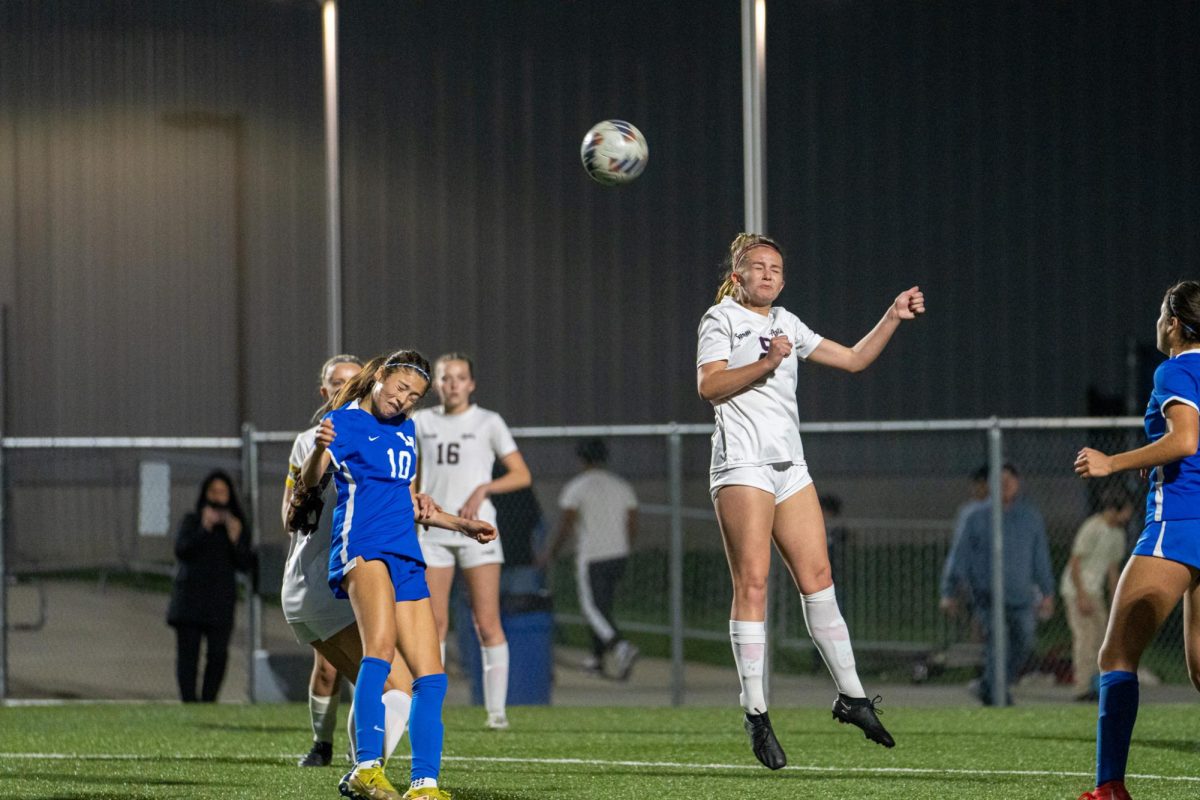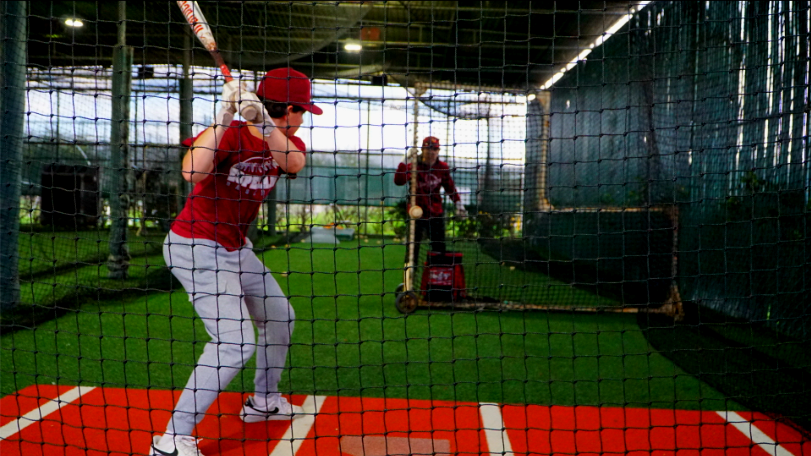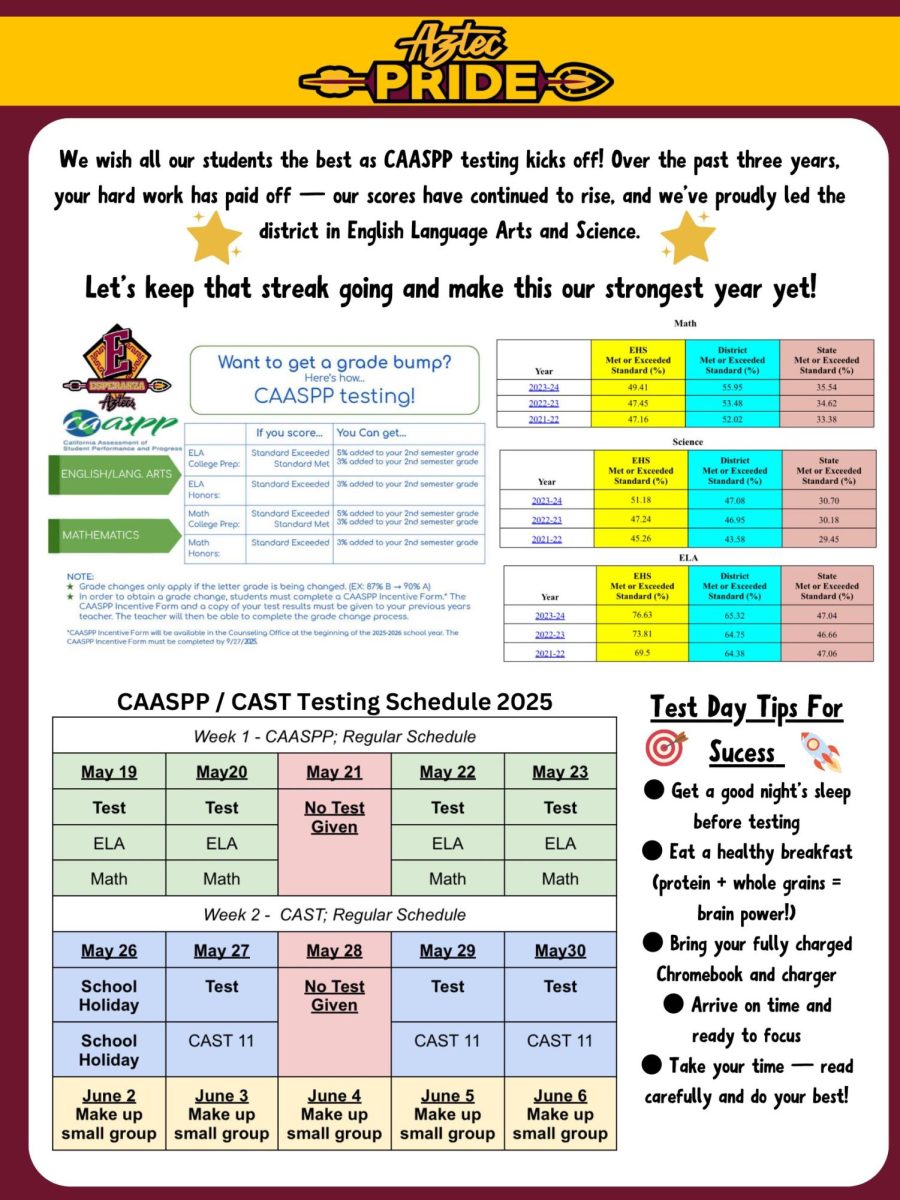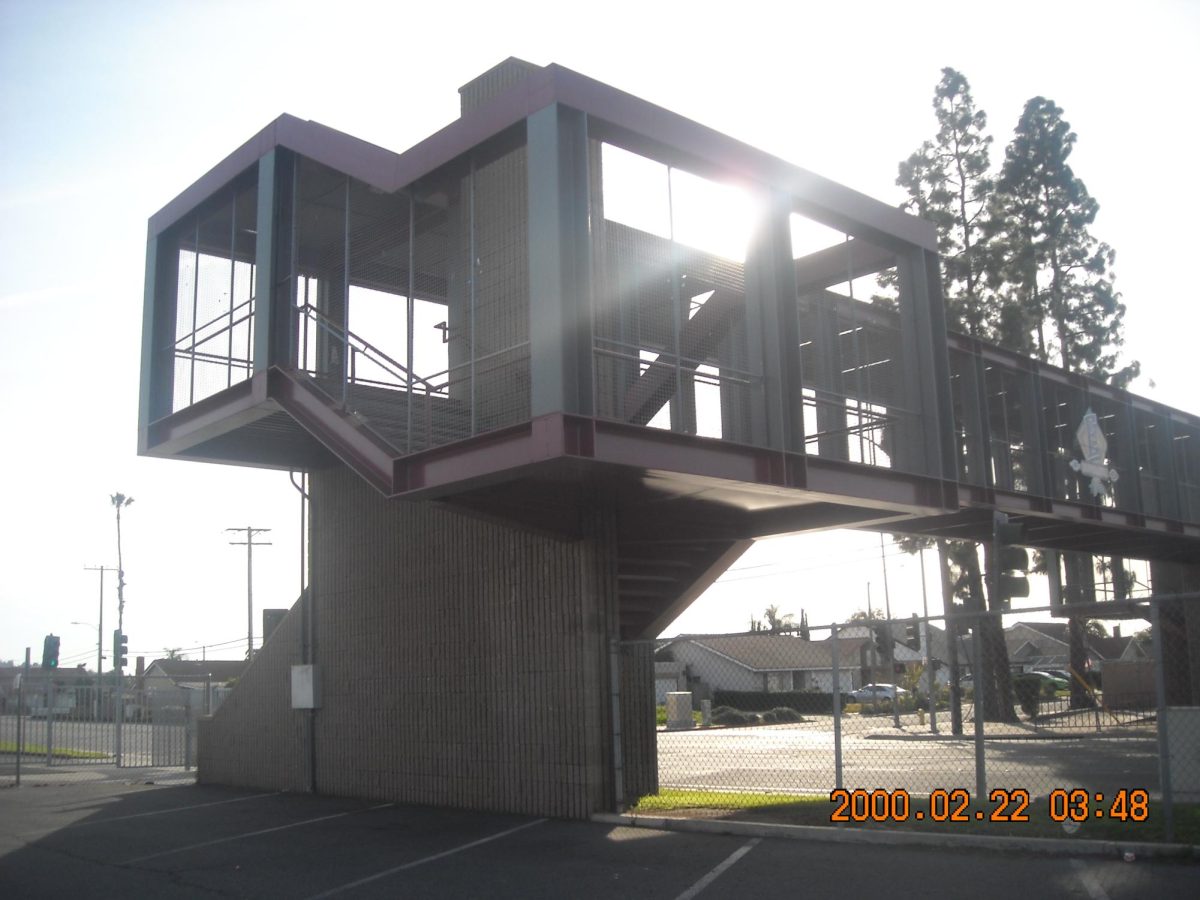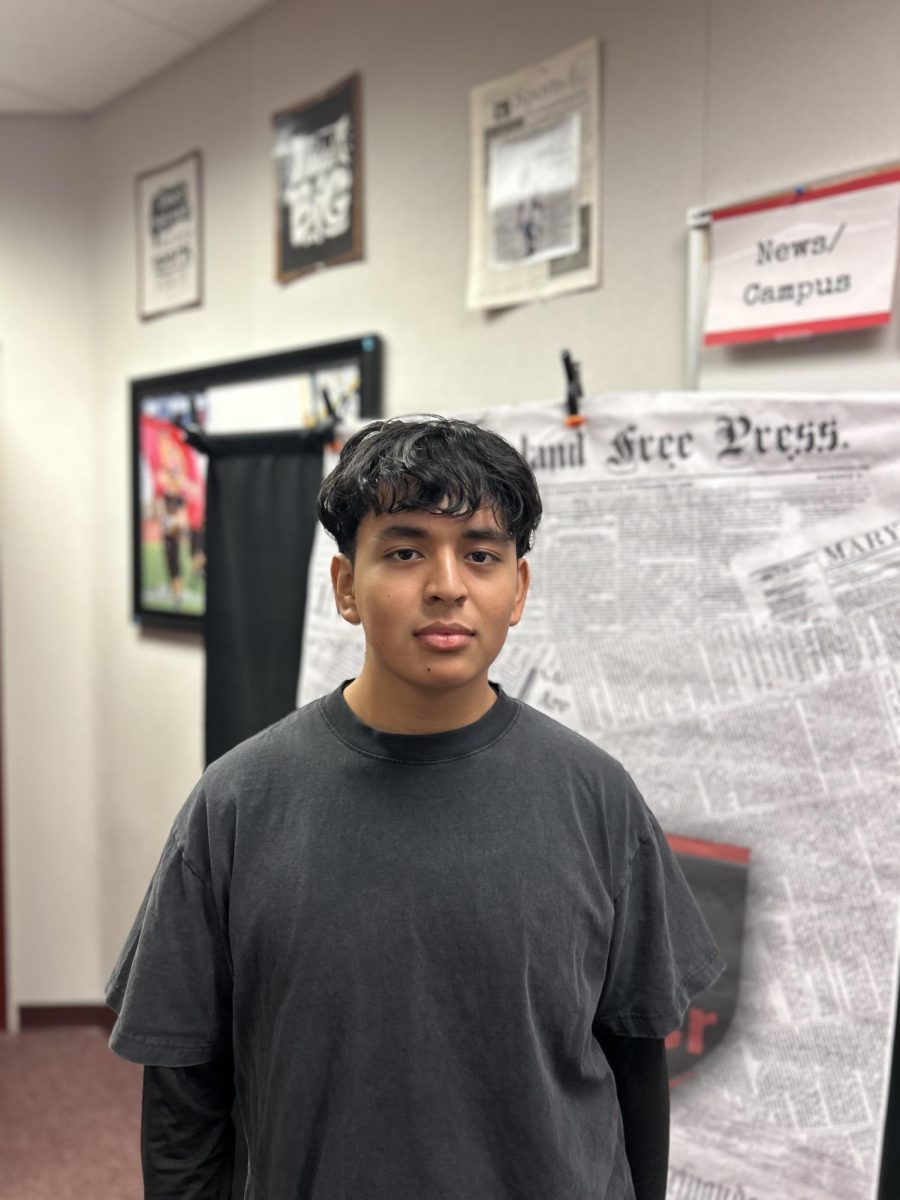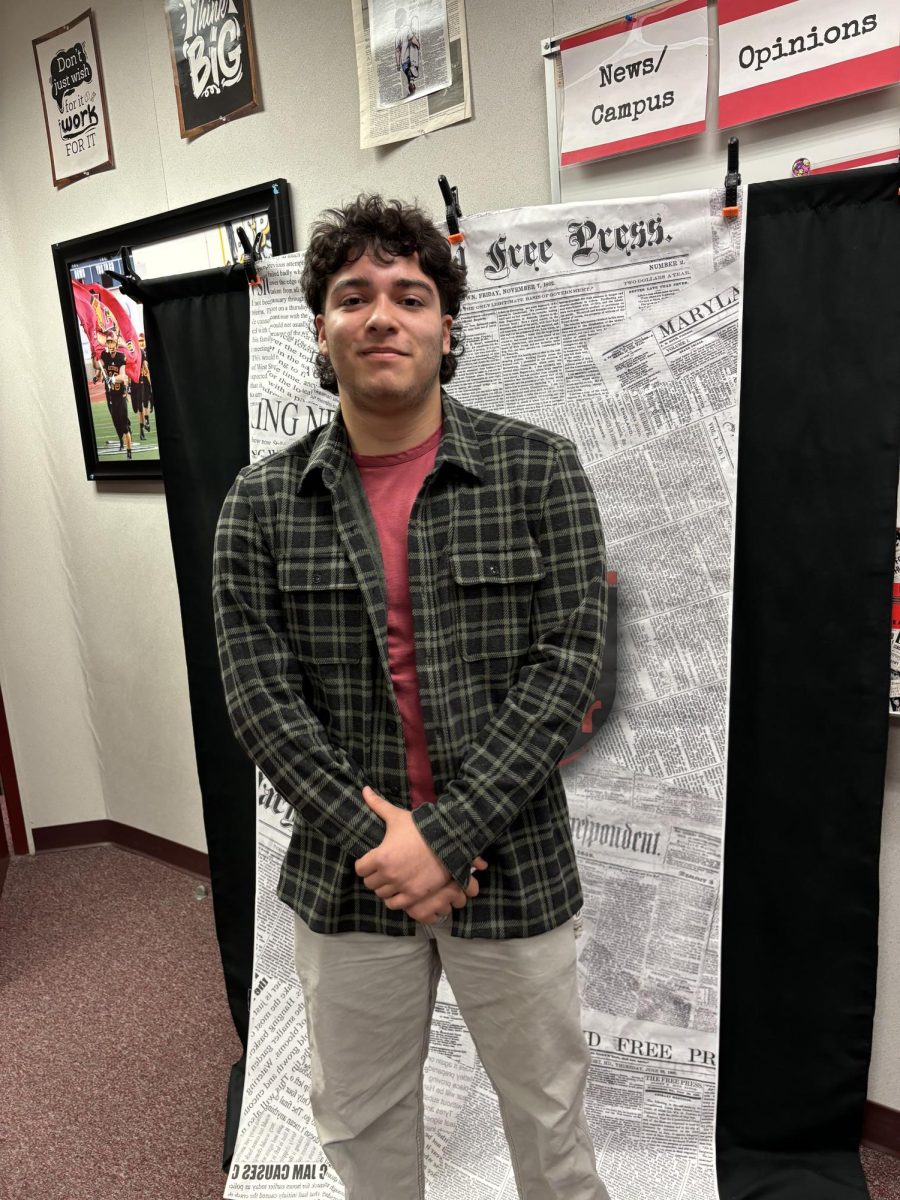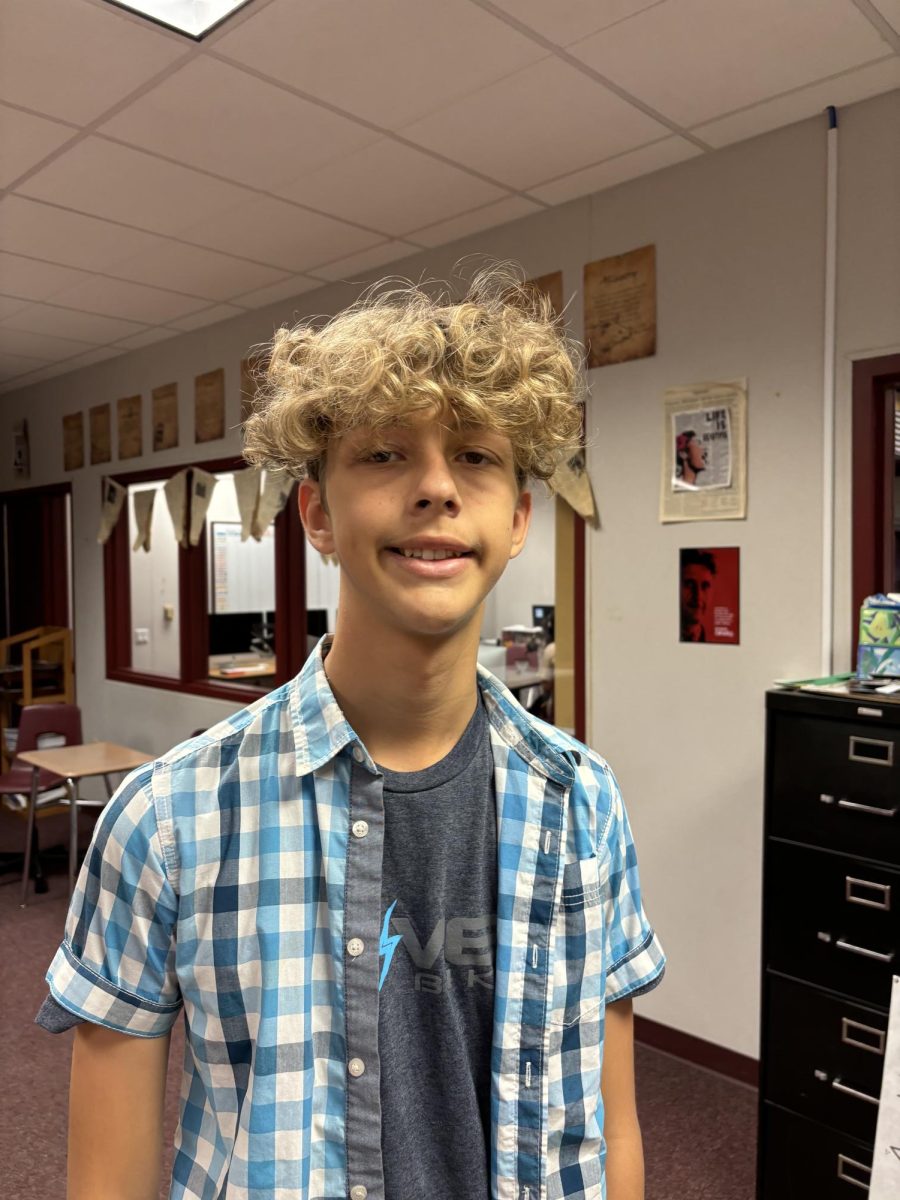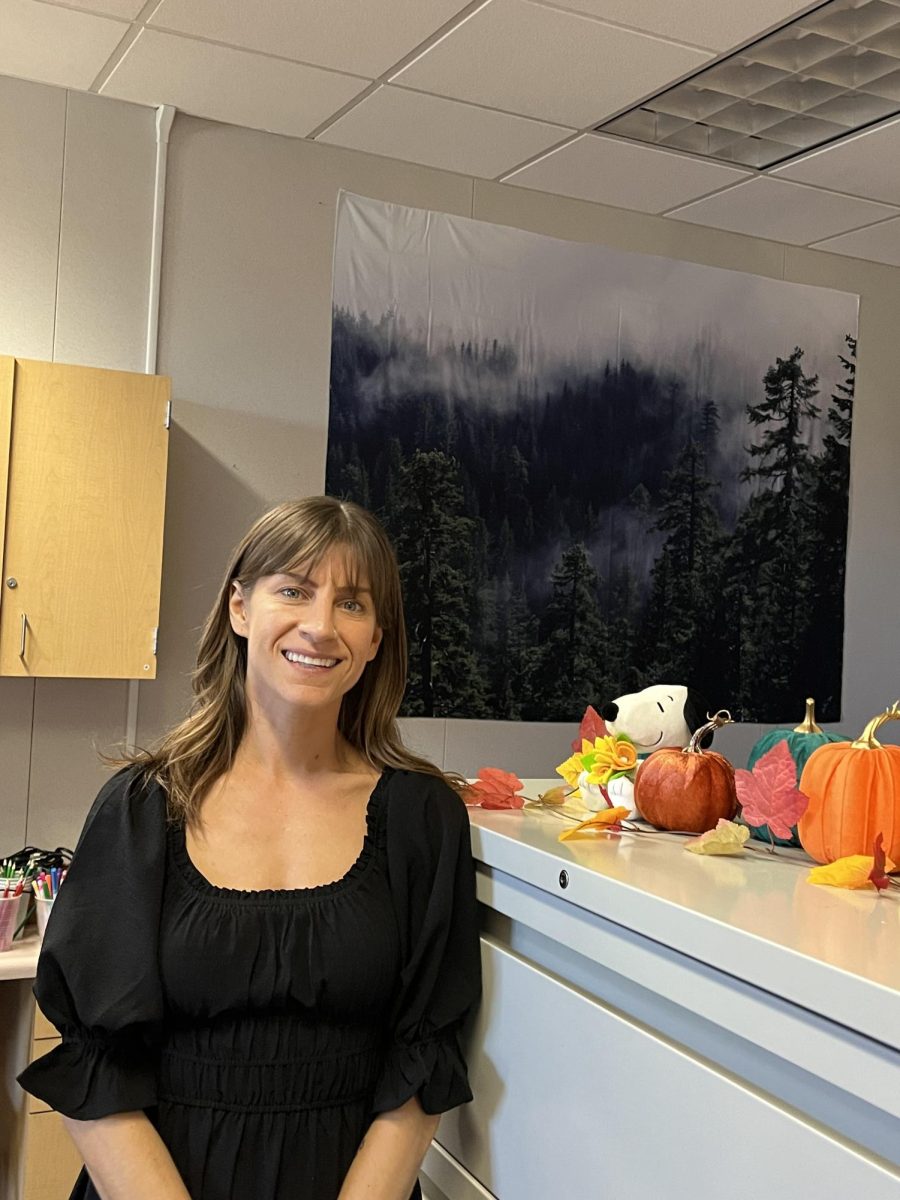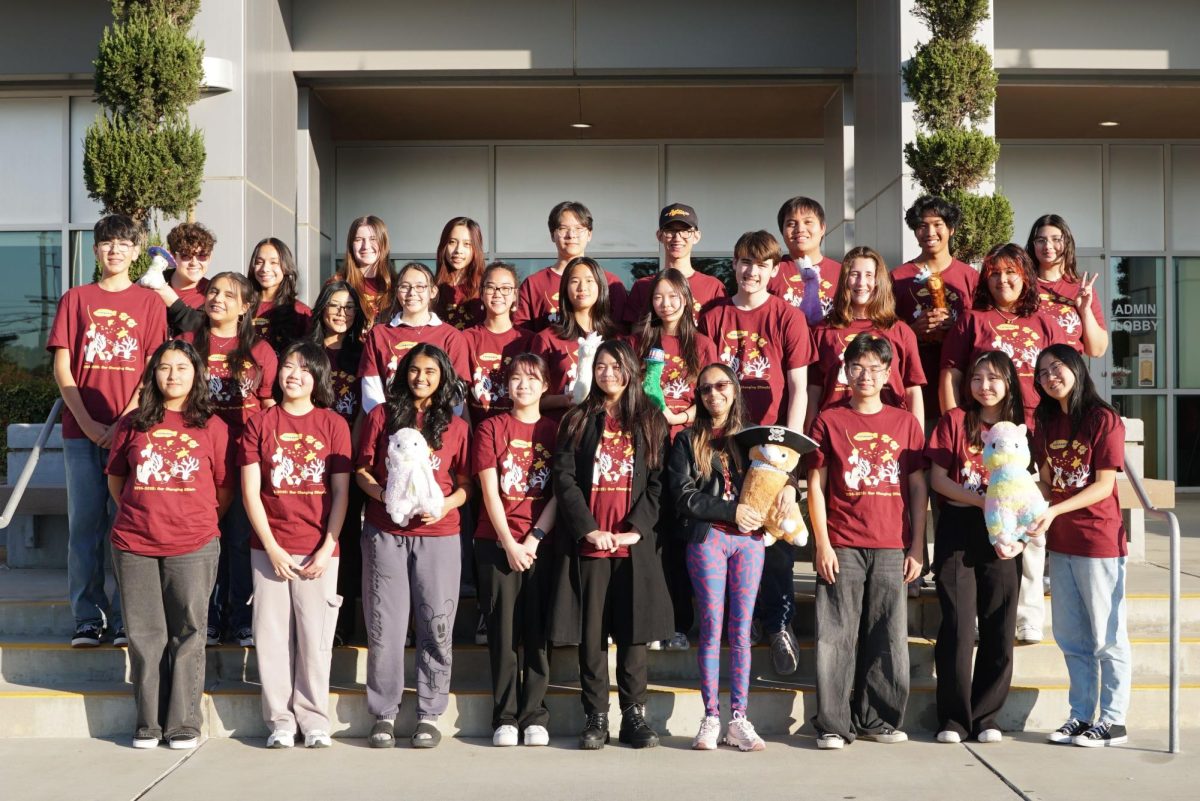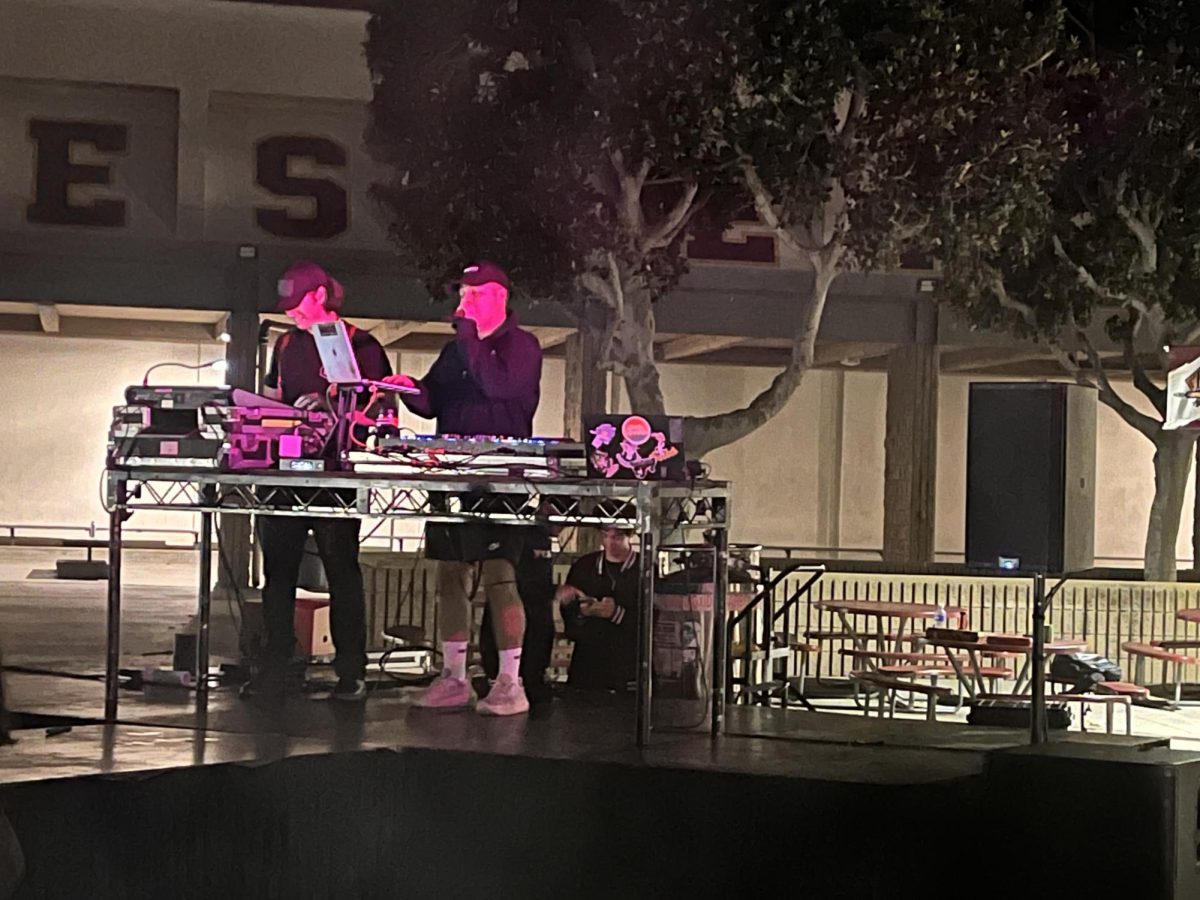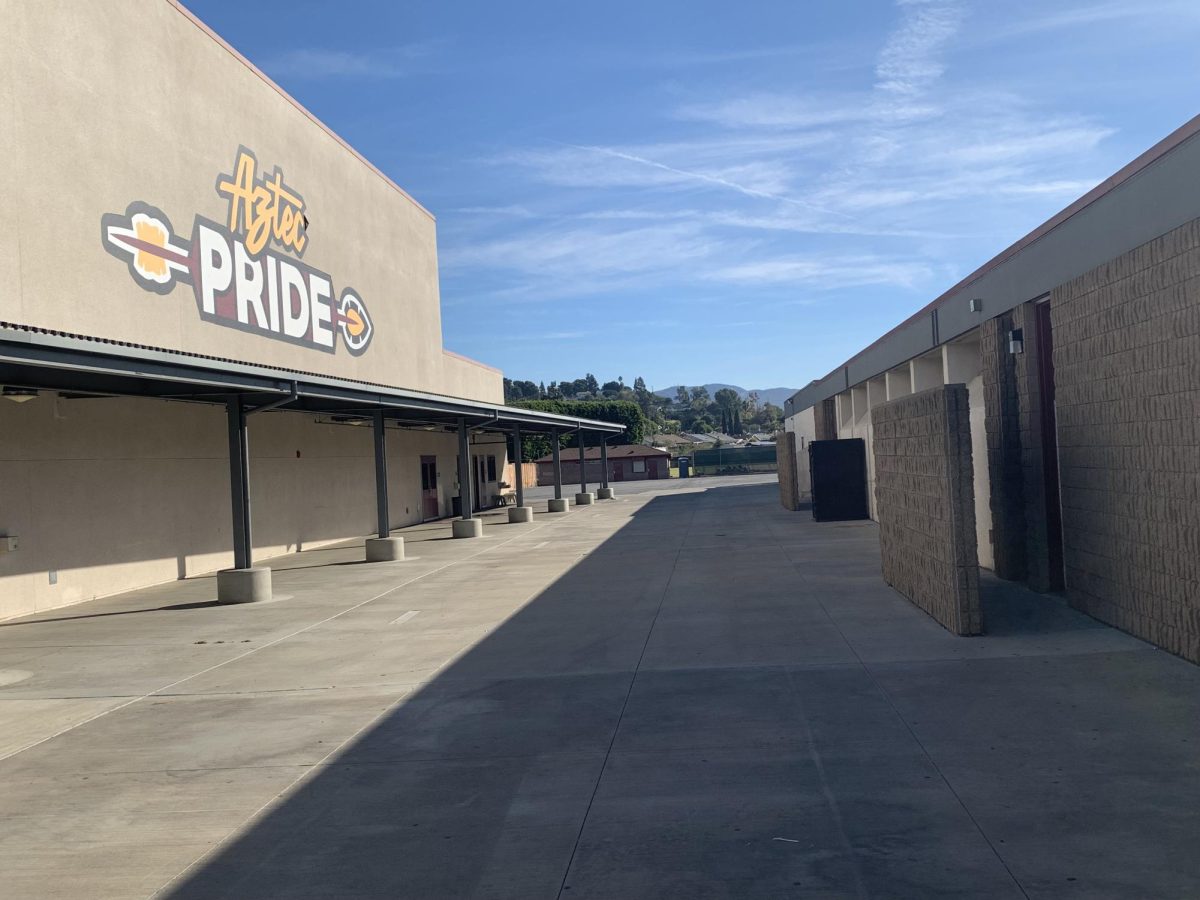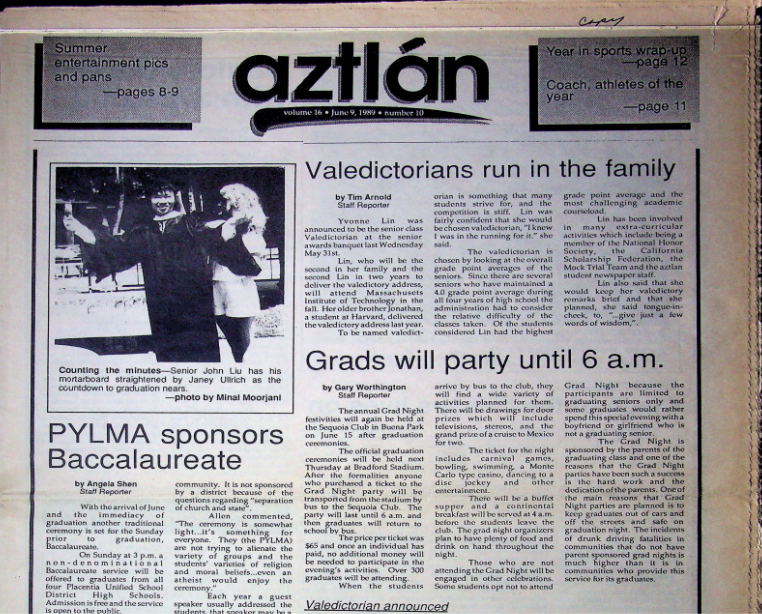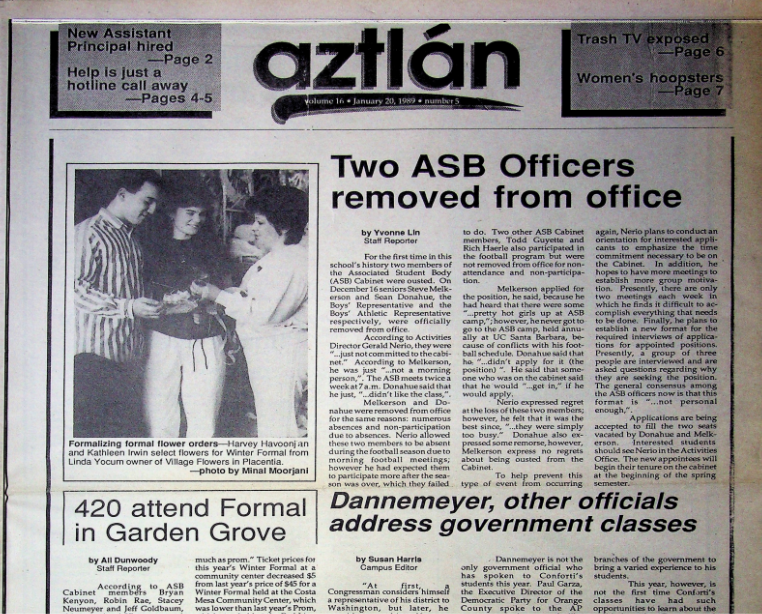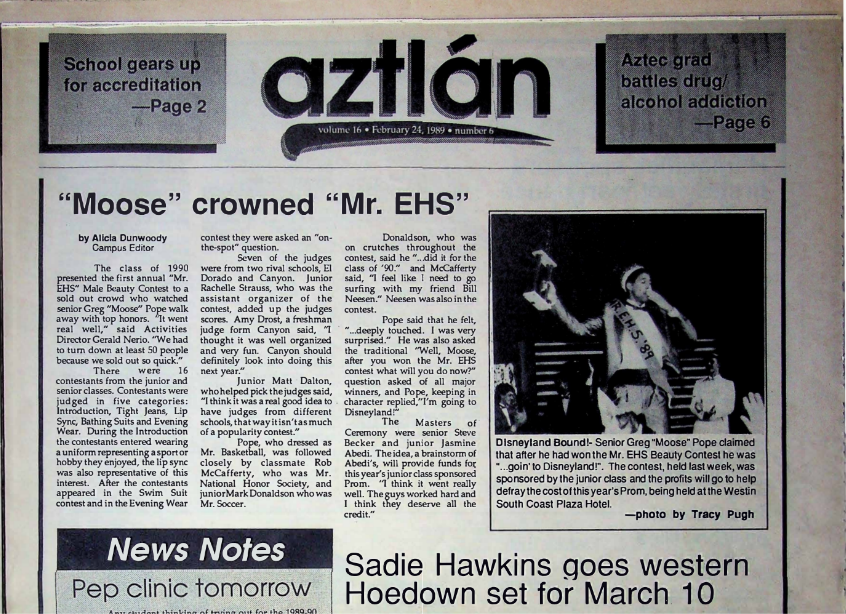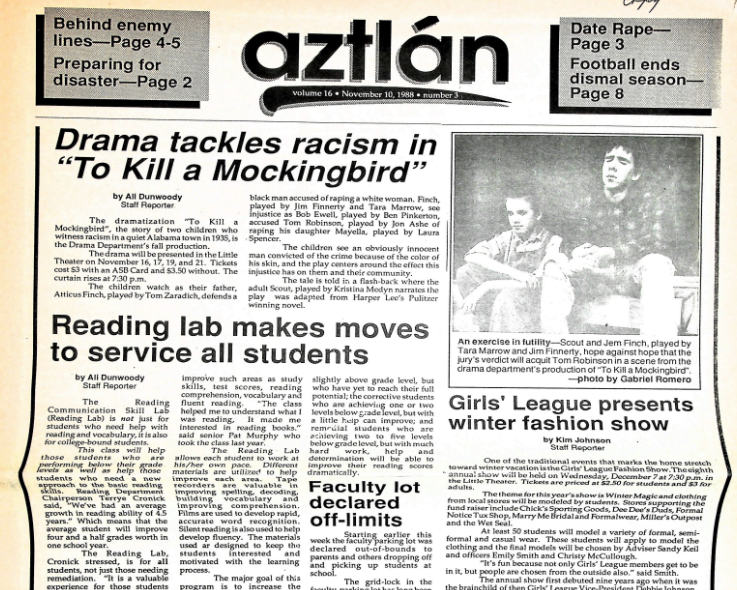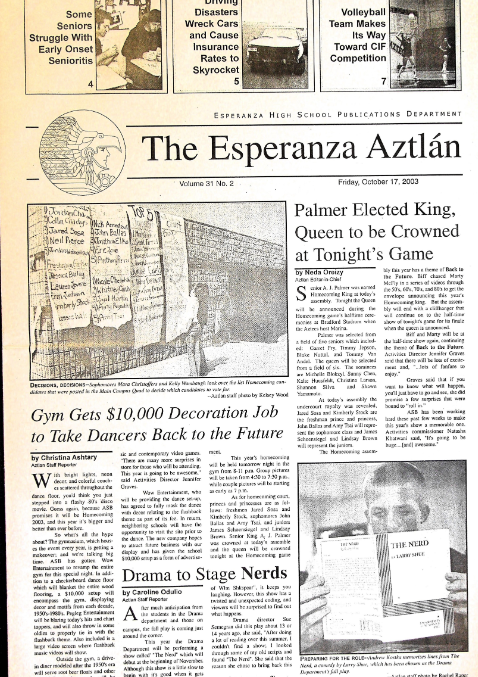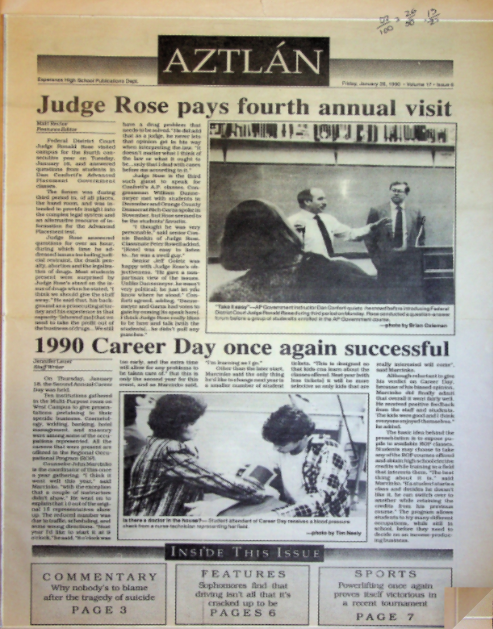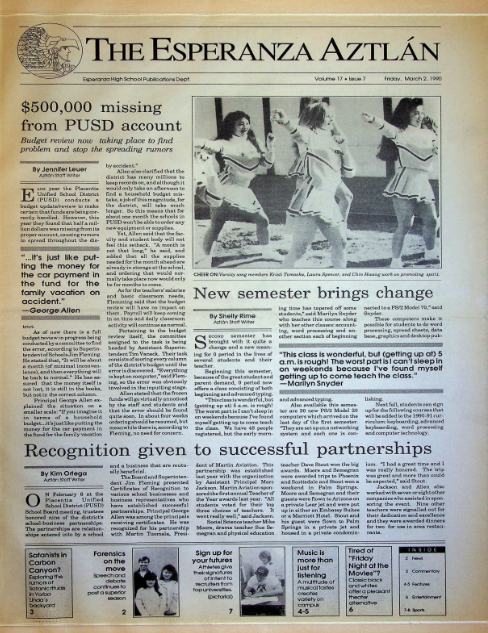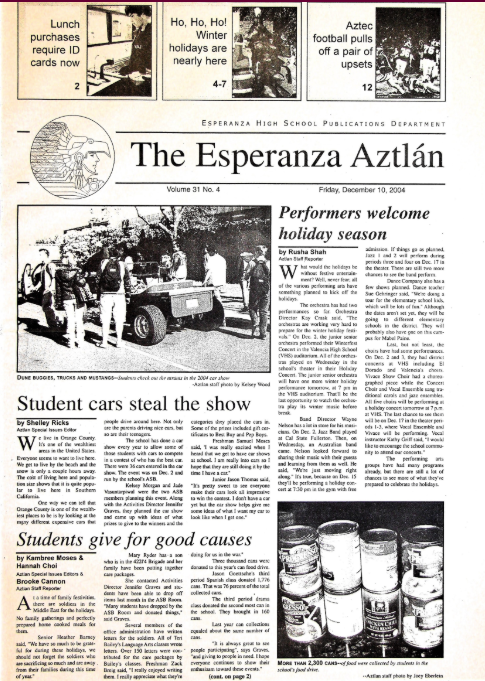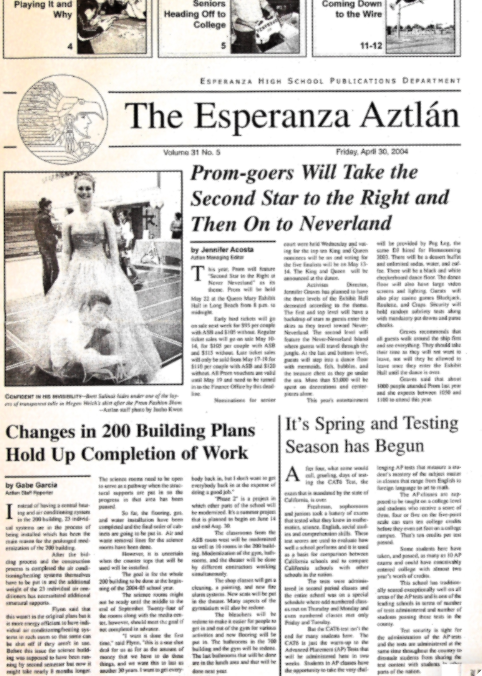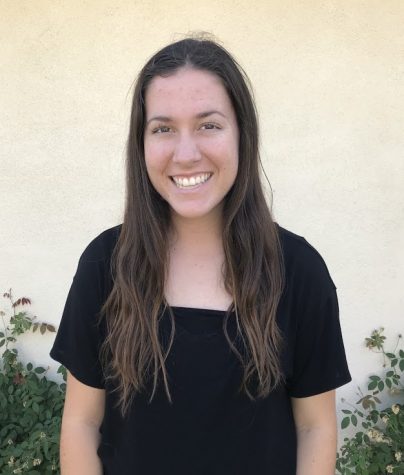The Rise of Cheating in Online Learning
Photo attained from researchgate.net
Google searches on keywords related to 2020 AP exam topics correlated perfectly with the exam times.
In response to the COVID-19 pandemic, when high school students went online, so did the tests the students took. Among other difficulties related to online teaching, measuring which students are cheating became a key issue. Some students wondered, how will my teachers prove if I cheated on tests now that they are online?
The concern is whether cheating has increased as students work at home and take tests away from their teacher’s and snitching classmates’ eyes. Due to conditions of the pandemic, students took advantage of no testing supervision and, therefore, spiked an increase in academic dishonesty.
With the shift online, students cannot be watched as they do their work in the same way they have in the past. As some think of cheating in online school such as hiding notes underneath the camera or looking answers up on a phone, there are more extreme levels of cheating that have been on the rise.
Someone could be paid to take an entire course on behalf of another student and a teacher would never know. Especially because most tests are now taken online instead of handwritten and in person, it would be theoretically easier for a student to cheat now more than ever. Of course, the rise of cheating was at its highest when schools were fully online.
Yes, there are now ways to restrict a student from entering another tab with lockdown browsers, but it still isn’t hard to think of using notes, or other devices such as a phone to look up answers. But, let’s just say, pre-COVID-19 and 2021, it was easier to study for your AP examinations than to cheat on them.
In 2020, the AP examinations were reconfigured to be “open book” and were online without test examiners. Even though College Board didn’t consider internet searches to be cheating for the 2020 AP examinations, ruling and ensuring that students didn’t use the internet during the test would be challenging.
However, the 2020 AP examinations demonstrate how difficult it is to measure the true student performance on the tests without proctoring. Google searches on keywords related to AP exam topics correlated perfectly with the examination times, according to research by The University of Southern California. Many students took advantage of having access to Google search since the exams had no way of being monitored.
This example of monitoring online testing sheds light on how, no matter how shamed upon, students will cheat with any chance to do so. It further demonstrates how difficult it is to monitor cheating since there are so many ways to do so. Whether it be with notes or Google, students take advantage of no supervision in order to get a better grade.
In a study conducted by Alan Fask, Fred Englander and Zhaobo Wang, performance was assessed of students to face-to-face and online examinations. They provided a practice test and found that online test-takers scored 14 percent lower than students who took the test with proctoring. On the actual test, however, online students scored 10 percent better than the in-person test-takers.
Because their study had no way of detecting cheating, and the online test-takers understood that they weren’t being monitored, there is evidence that online students that take non-monitored exams have the confidence to cheat.
The thing we’ve been told since day one of school is to not cheat. We hear the reminder before exams and have to sign that your AP or Standardized Test will be canceled if you do cheat. Even after your cheating has been uncovered, the whole class gets scolded that it isn’t worth the academic dishonesty report. Colleges won’t even look at you if they see that report. However, cheating has become more tempting for students to earn good grades with COVID-19 affecting the way we learn.

